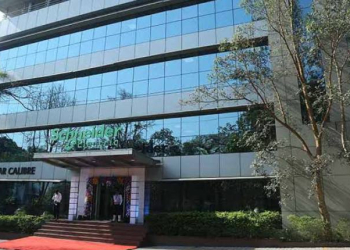New Delhi: The major disappointment in Union Budget 2022-23 continues to remain on the government’s focus on boosting supply side over demand, experts said.
“We would have loved to see some balance between boosting industry and supporting individuals. Think of the sacrifices the Indian consumers made over the last two years… lost livelihoods, lower incomes, health costs, higher oil and food prices, higher taxes on income and GST. The government’s response in terms of some income support or a lower tax burden has been missing,” said Arvind Chari, CIO, Quantum Advisors.
“The economy faces short term risks from higher global and domestic inflation. In this respect, the government’s continued increase in import duties to boost domestic manufacturing on the back of improving growth will lead to higher cost pressures in the economy. We would have liked to see the government take some measures to manage future cost pressures with duty cuts,” he added.
The announcement also had no mention of rural employment, the impact on the informal enterprises and the continued divide between the formal and informal economy.
“We do recognise that higher growth will trickle down over time, however, there should have been some immediate relief to the economic segments which have been impacted by the pandemic,” he said.
The government has stuck to its priority to boost growth over fiscal consolidation. The budget for capital expenditure spending from Rs 5.5 trillion budgeted for FY22 to Rs 7.5 trillion for FY23 is a massive increase.
If the Central and the state governments are able to implement and spend these amounts in a timely and efficient manner, it could lead to a multiplier effect in the economy. This should enable the continued economic recovery and extend the growth over the next 2-3 years.
(IANS)



















